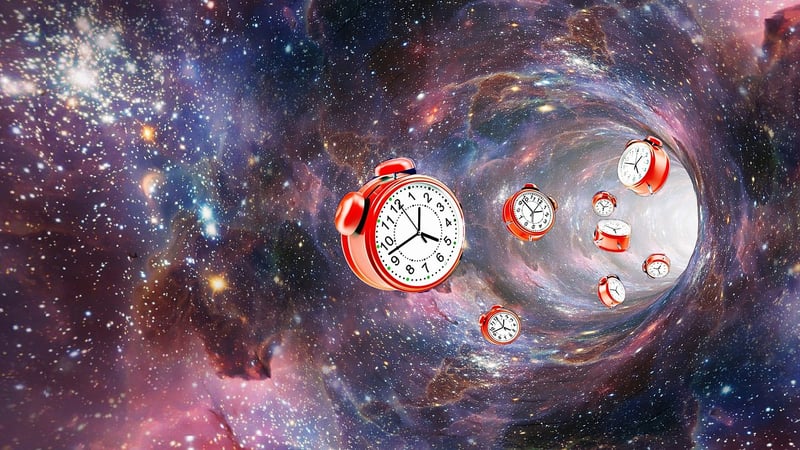Causal Loops
The Dilemmas of Time Manipulation and Causal Loops

Time manipulation and causal loops have long been popular concepts in science fiction, captivating audiences with their mind-bending possibilities. However, delving into these ideas reveals a myriad of dilemmas and paradoxes that challenge our understanding of the universe.
Time Manipulation
Time manipulation refers to the ability to alter the flow of time, either by speeding it up, slowing it down, or moving back and forth through different points in time. While this concept offers intriguing possibilities like correcting past mistakes or exploring different futures, it also raises significant ethical and philosophical questions.
Grandfather Paradox
One of the most famous dilemmas associated with time manipulation is the Grandfather Paradox. This paradox posits a scenario where a time traveler goes back in time and prevents their grandfather from meeting their grandmother, thus preventing their own birth. This leads to a logical contradiction – if the time traveler was never born, how could they go back in time to prevent their own birth?
Causal Loops
Causal loops, also known as bootstrap paradoxes, are another perplexing aspect of time manipulation. In a causal loop, an event is its own cause, creating a loop with no discernible origin. This raises questions about the nature of cause and effect, as well as the possibility of information existing without a clear source.
Examples in Popular Culture
- Predestination - A film that explores a complex causal loop involving time travel and identity.
- Looper - A movie featuring a time travel plot with intricate causal loops and their consequences.
As we continue to ponder the implications of time manipulation and causal loops, it becomes clear that these concepts challenge our understanding of causality, free will, and the very fabric of reality.
